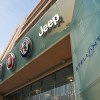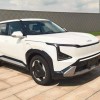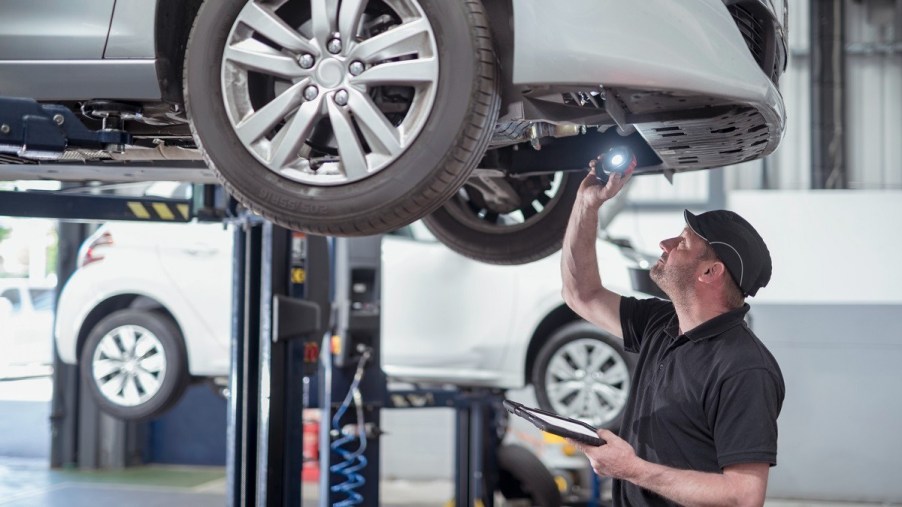
Will Parts Be Available as Needed for Electric Vehicle Repairs?
What do you do when you need a part for your gas-powered vehicle? Typically, you search for the necessary part if you’ll do the work yourself or take your vehicle to a mechanic to be repaired. Most parts for internal combustion vehicles are plentiful, with OEM and aftermarket items available. The same can’t be said of parts required for electric vehicle repairs.
Does the young, new, and developing EV market spell trouble for electric vehicle repairs?
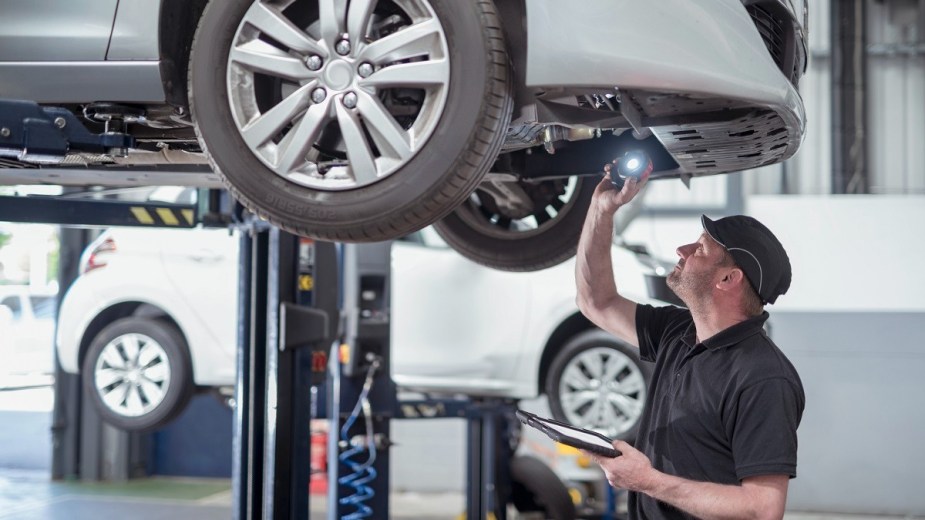
The movement away from gasoline-powered engines to EVs brings us powertrains requiring fewer parts. An electric powertrain only requires about 20 parts compared to 200 or more for traditional internal combustion powertrains. Shouldn’t fewer parts make it easier to have spares on hand?
Unfortunately, some parts required to ensure EVs can operate properly use scarce materials. This translates into a limited supply of replacement items for the completion of electric vehicle repairs.
Will automakers outsource some replacement parts manufacturing to aftermarket companies?
This is a challenging question for automakers. Should they build the required parts to support electric vehicle repairs or outsource the parts and technology to aftermarket companies? Part of this decision involves some sticking points.
If we’re to venture a guess, it might make sense for automakers to build the major components, such as the batteries and electric motors, while outsourcing some other components.
EV batteries are often already made by suppliers
Most automakers don’t build their EV batteries. They come from battery suppliers. This relationship could translate to batteries being available, but the demand is surging, and many battery builders face a much higher demand than their supply. While this is good for their business, it could translate into delays when drivers face necessary electric vehicle repairs. The Wall Street Journal offers a more in-depth look at sourcing some of the parts for EVs and the potential problems in getting these parts.
Could pandemic-related supply issues delay electric vehicle repairs?
Some of the supply challenges created by the pandemic continue to plague the auto industry. We’ve read reports of automakers with several vehicles parked in large lots waiting for parts. Specifically, the parts required are the semiconductor chips that run nearly every system in modern vehicles. Electric vehicles are even more reliant on these chips than traditional vehicles.
The supply shortage of semiconductor chips continues to be a challenge for automakers, but more manufacturing plants are opening to help eliminate this problem.
Greater demand for EVs will continue to challenge the industry
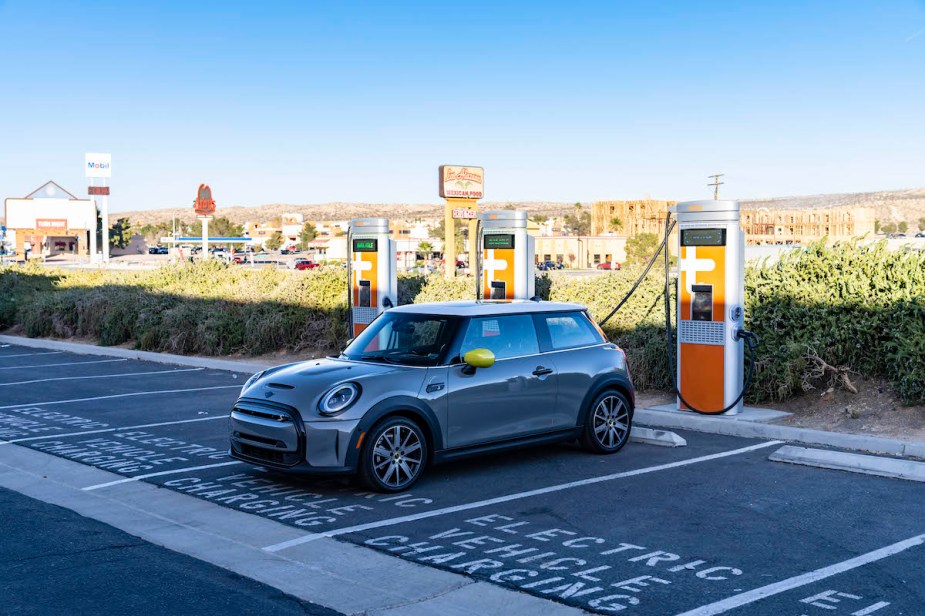
The internal combustion engine has been used for more than 130 years. While there have been various versions of this engine during that time, the basic formula has always been present. If we think about the EV market as just beginning, much like the automotive industry did more than a century ago, we’re facing the same troubles that occurred back then.
Today, automakers have better technology, more capability, and a great capacity to build the parts required for electric vehicle repairs. The push toward more EV owners causes a bit of strain on the supply market for repair parts, but that will eventually flatten as more consumers move to EVs and automakers build these new vehicles faster and more efficiently.
